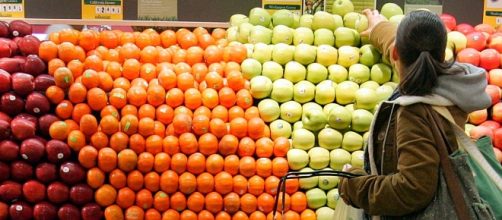Born between 1982 and 2001, America's twenty-somethings, very frequently called the Millennial generation or generation Y, are becoming a force to be reconned with and are now being taken seriously. The food industry knows this and understands how confident, connected, and live-in-the-moment they are when it comes to making decisions on where to eat, what to eat, and how much they are willing to pay for it. Quick is good, cheap is great, but quality is better.
Millennials are growing up
Although they are growing up and raising families of their own, Millennials still prefer food that is inexpensive and convenient.
Millennials are taking over, pushing the Baby Boomer generation aside, and restructuring the food system, as we have come to know it. The twenty-something, tech-savvy, environmentally conscious consumers are more willing to pay for healthy food and farm-fresh produce and are willing to go the extra mile to seek it out.
Much more aligned with the food market than the Boomers, those born between 1982 and 2001 love all things natural and earthy, small up-and-coming brands, farmers markets, and artisanal cheeses. Not only are the Millennials changing the Food Industry one purchase at a time, they are teaching their children to do the same.
Millions of Americans making the shift to healthier food
A recent report titled "Trouble in Aisle 5" by Jeffries Alix Partners, investigates the impact Millennials have on the grocery market vs.
the same purchasing power the Baby Boomer generation had. The report shows the Boomer generation is slowly fading and will soon have less of an impact on what supermarkets will be stocking in the near future.
While the Boomer generation is loyal to their brands and shop at the same grocery store for everything, this up-and-coming generation is very different.
Millennials do not restrict themselves to a certain brand, are more willing to try different options to find the food they desire, and are not afraid to use the internet.
New food paradigm
They are willing to take time searching for what they really want and will not hesitate to go outside the traditional big brand store. With this new food paradigm, branded, processed food manufacturers will lose.
Specialty stores that feature ethnic, organic, and fresh items, including online shops will, on the other hand, benefit greatly from these new preferences.
While it is true, Millennials are unwilling to pay a lot for the products they want, they have no problem putting their hard earned money into specialty foods that fall under the category of organic/natural and ethnic.


